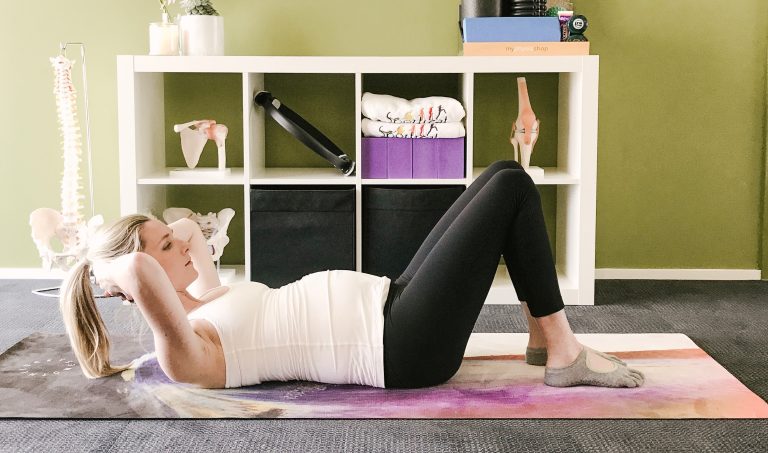Your Guide to Pelvic Health
with Louise Millward (BSc Physiotherapy) – Pelvic Health Physiotherapist
What is Pelvic Health?
Pelvic health refers to conditions that arise and present within the lumbo-pelvic region usually involving the all-important muscular system the pelvic floor. The pelvic floor is a sling of muscles in both men and women that is situated in the base of the pelvis beneath the bladder and bowels. It spreads across the floor of the pelvis from the pubic bone at the front of the body to the sacrum/coccyx at the back with attachments off to each side. The vital neuromuscular system is critical in maintaining bladder, bowel and sexual function as they lift and support these organs, provide passage for voiding, and in women create the birthing canal from the uterus. A muscle group we use everyday of our lives, going to the toilet, and involved in one of the most memorable moments of our life, having a baby, yet is barely ever discussed, exercised or offered treatment.
Physiotherapy and the pelvic floor?
A functional pelvic floor relies on a firm skeletal system to attach to, strong muscle attachments to the pelvic girdle, sufficient neural innervation to keep the muscle awake and effective activation to exercise and maintain the strength of the muscle fibers. These elements of a healthy system are something a physiotherapist deals with on a day to day basis. However these muscles are hidden in the pelvis, their function cannot be observed externally as a result the symptoms of a dysfunctional system are not obvious which leaves a lot of people to suffer in silence. A specialized pelvic floor physio is trained to recognize and understand issues of a dysfunctional pelvic floor such as; urinary incontinence, pelvic pain conditions, bowel health, orthopaedic pelvic pain, sexual pain and dysfunction and pregnancy related pelvic issues.
Who could benefit?
It might be obvious, but I guarantee the majority of you who recognize any of these symptoms have not yet sought treatment or have seen a GP who didn’t offer the option of a women’s or men’s health physio. The recent campaign for World Continence Week reveals the alarming fact that 1 in 4 Aussies are incontinent and to single out the women 36% of you over the age of 45 years suffer from incontinence, but the good news is that it can be prevented. Remember the easiest time to regain control is when the leakage begins. As for other conditions involving pain, the longer it goes on the more systems become involved and the more complex the treatment will need to be. Remember prevention is better than cure, be aware of the factors that might apply to you.
Women’s Pelvic Health
- Pregnancy
- Vaginal delivery
- Being overweight
- Pelvic organ prolapse
- Constipation
- Other bowel symptoms
- Chronic cough
- Hormones
- Drugs
- Recurrent urinary tract infections
- Childhood bedwetting
- Ageing
Men’s Pelvic Health
- Pre-habilitation prostatectomy
- Post prostatectomy
- Post vasectomy
- Recurrent Infections (prostatitis)
- Benign prostatic hyperplasia
- Post TURP
- Post chemotherapy/radiation therapy
- Post hernia repair
- Post total hip replacement
- Bowel disease (IBS)
- Constipation
- Ageing
Want to book in? You can book an appointment with Women’s and Men’s health Physiotherapist, Louise, here

